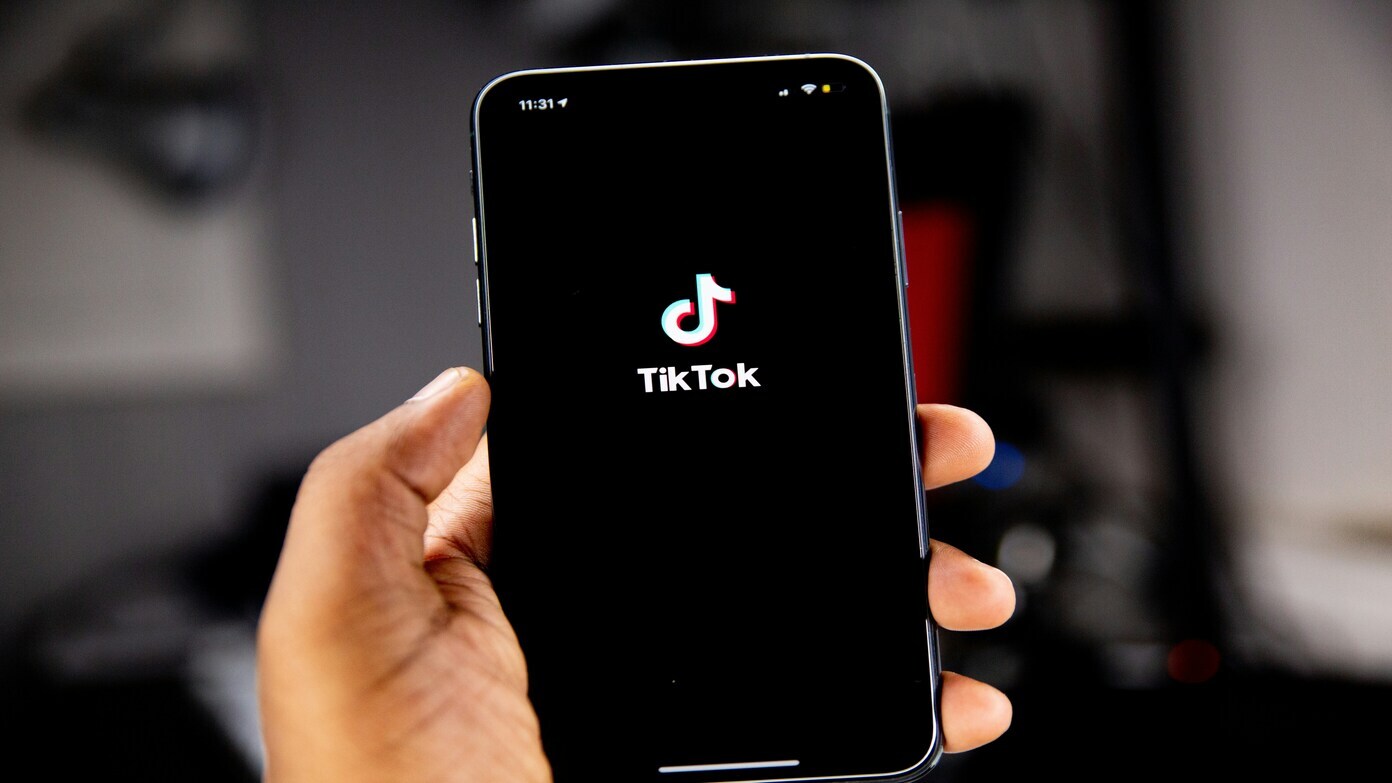If you’re a TikTok user in the United States, you’ve probably been hearing a lot of buzz about the app getting banned, sold, or somehow changing hands. Well, President Donald Trump just signed an executive order that officially moves TikTok’s U.S. operations away from its Chinese parent company, ByteDance. Let’s break down what’s happening, why it matters, and how it could affect your daily scrolling.
Read this later: Government shutdown fight goes to the Senate as Houses passes funding bill
Why is TikTok being targeted?
Behind it all is national security. Politicians have worried for years that TikTok’s Chinese parent firm could expose U.S. user data—your location, contacts, and web-browsing history—to risk. They fear that the Chinese government could pressure ByteDance to pass on data or to manipulate TikTok’s algorithm to spread propaganda.
So Congress last year enacted a bill called the Protecting Americans from Foreign Adversary Controlled Applications Act (PAFACA). Essentially, the law stipulates that apps controlled or owned by countries that are “foreign adversaries,” like China, will not be able to conduct business in the U.S. if they are not divested. The biggest affected app is TikTok.
What Trump’s executive order does
Trump’s executive order makes it official: TikTok’s US operations will be severed from ByteDance. That is, TikTok will no longer have China in charge of it directly. American companies and investors will step in to fill the void.
The sale places TikTok’s American business at approximately $14 billion. Vice President J.D. Vance explained this move as not merely financial—it’s really about making sure Americans control the algorithm. Why? Because the algorithm decides what videos you watch, and that is a very potent tool. The government doesn’t want that tool held by another entity.
Who’s buying TikTok U.S.?
So, who are all these people jumping into TikTok U.S.? The transaction is backed by some big guns:
- Oracle – the software giant that has been reported on TikTok talks before.
- Silver Lake – a private equity firm.
- MGX – state-backed investment firm from the United Arab Emirates.
- All these investors will hold about 45% combined of TikTok U.S. ByteDance, the Chinese parent company, will hold less than 20%, with other existing global investors holding the rest.
- Short of that, the majority of TikTok U.S. will be owned by Americans, with a mix of other international buyers.
Will TikTok work for you anymore?
Let’s get to the question that probably matters most to you: Will TikTok be the same?
For now, yes. You’ll still be able to open the app, scroll through videos, post your content, and follow your favorite creators. The difference is behind the scenes—who controls the company, how decisions are made, and how data is stored.
Vance stressed that the app will continue to be available for Americans, and the top priority is maintaining user data as well as national security. So you don’t have to worry TikTok disappearing in the dead of night from your phone.
Here is an interesting read: Dems say healthcare arguments mean they would escape blame for government shutdown
Why does the algorithm matter so much?
One of these is algorithmic control. The algorithm is the reason we can’t stop using TikTok—it’s the magic sauce that personally understands exactly what we want to see.
If a foreign government controlled it, it could use it to spread specific messages or censor specific topics. By transferring control to American investors, the administration believes that TikTok can be used openly without worrying about those issues.
How did we get here?
This is not the first time TikTok has been on the chopping board. Under the administration of President Joe Biden, the application had already been in the limelight, and Congress signed the bill requiring TikTok to be sold in 2024. ByteDance strongly contested this, taking it as far as the Supreme Court, but they lost.
The government has since then offered TikTok repeated extensions—75 days on one occasion, 90 days on another—to negotiate a deal. Trump’s executive order is the most powerful (and latest) step to finally get the deal done and sell the app to new owners.
Read this later: Why did President Trump slam Newsom’s low-income housing plan for Los Angeles?
What’s next?
The deal still needs to be finalized and more details about the investors will come out in due course. Trump himself said that the U.S. and China “come out great” from this deal, suggesting that he considers it a win-win.
For everyday users, the biggest change may not be in what they are seeing on their feed, but in the peace of mind that their data are being processed according to American rules and owned by American companies.
Still, questions remain. Will TikTok eventually change its features? Might the new ownership affect creators’ income? And will other apps be hit in the same way? These are questions only time will answer.

